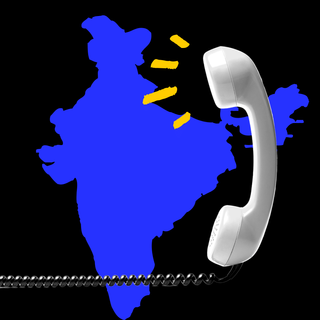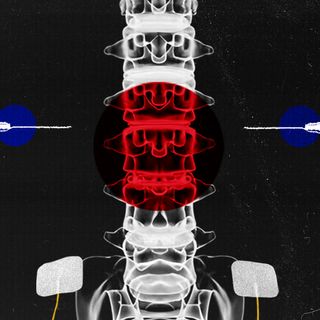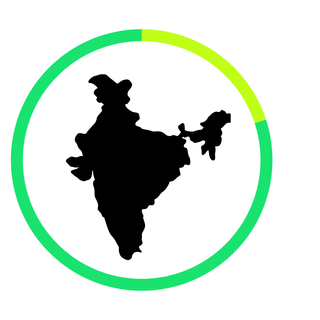As India enters into the second dose-phase of vaccination, more reports of side effects are emerging. While this may seem concerning, it’s actually the opposite: Unwell reactions to second doses (or ‘boosters’) are commonly the result of one’s improved immune response to the virus. In other words: fever or unwellness after a second jab isn’t a sign the shot made you sick or isn’t working; it’s a sign your immune system is being successful at keeping you healthy.
When we’re sick with an infection, the physical experience of the illness is caused by our immune response to a pathogen, not the pathogen itself. This is known as ‘sickness behavior‘ and includes such experiences as fever, lethargy, muscle aches, nausea, headache, general unwellness, reduced appetite, and more.
Vaccines work by triggering an immune response to a pathogen — in the case of the current pandemic, to the novel coronavirus. This immune response is what leads to immunity — it’s also what causes us to feel poorly. Booster shots — any dose after the first, primary dose of a vaccine — tend to elicit a stronger immune response because the body is starting to recognize the pathogen (having been exposed once already) and responding more forcefully to it. Therefore, it’s common for people who receive a second dose of a vaccine to feel poorly — even if they felt fine after the first dose. It’s not a sign the vaccine isn’t working, or is making them sick. If anything, it’s the exact opposite.
Related on The Swaddle:
Study Confirms, Yet Again, Vaccines Do Not Cause Immune System ‘Overload’
Some people, upon receiving a second dose of a vaccine, may have an Arthus reaction. This typically shows as redness, swelling, and pain around the injection site and, in some rare cases, even beyond — to the rest of the limb, say, if a booster is administered in the shoulder. (Severe Arthus reactions that require treatment are possible but very rare.) Again, this side effect is not a sign the vaccine is causing an illness or isn’t working — it’s a sign of a hypersensitive immune response, like an allergy. While uncomfortable, the fact that your immune system has been primed to be sensitive to a specific pathogen is exactly the point of immunization — and proof the vaccine is working.
Beyond these side effects, more adverse events are also being reported as more and more people are vaccinated. But adverse events, by definition, aren’t necessarily related to or caused by immunization; they are simply poor health outcomes that happen to occur after vaccination. Experts track these in order to look for large-scale, population-level patterns that would indicate a potentially causal relationship to vaccination. So far, despite constant news reports of small-scale, dissimilar adverse events, no patterns have emerged in India to date that are related to the Covid19 vaccines.
Vaccines are a type of medicine, and as such, can cause unintended negative reactions. But the same can be said of paracetemol. At the end of the day, a vaccine — and it’s side effect-causing booster — saves lives. If the price is feeling unwell for a few days, as your immune system reacts to the coronavirus and adjusts, it seems like a decent trade-off.




